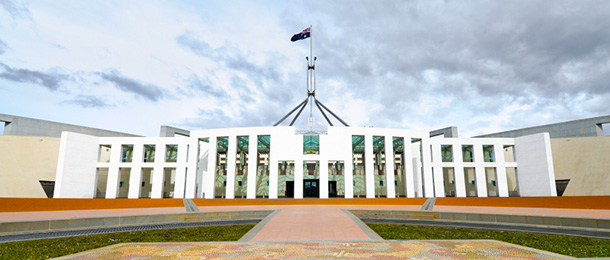Industry bodies have noted the first budget presented by the new Labor government has focused on meeting its election commitments, but has made no changes or put forward no new policies for the superannuation, SMSF or advice sectors.
The SMSF Association noted the budget papers made no significant changes, but cancelled the three-year SMSF audits policy proposed in the 2018/19 budget and deferred the start date for the proposed relaxation of the residency requirements for SMSFs announced in the 2021/22 budget from 1 July 2022.
The association also noted there was no new information regarding changes to the non-arm’s-length income and non-arm’s-length expenditure rules, nor plans to deal with legacy pensions.
Chartered Accountants Australia and New Zealand also noted these absences, as well as no mention of the removal or disallowance of indexation of contribution caps or the transfer balance cap.
The accounting body did note one area of change that may affect SMSF trustees, being a 19.3 per cent increase in the cost of penalty units, which will rise from $222 to $275, or from $1110 to $1375 for a corporation, from 1 January 2023.
Taking a wider view, the Financial Planning Association (FPA) said the budget was focused on implementing the government’s election agenda and it would also produce a budget in May next year as part of the usual cycle.
With no specific advice-focused initiatives, FPA chief executive Sarah Abood said: “The FPA will continue to engage with the government in advance of the May 2023 federal budget on a number of issues that are important to our members, including broadening the base and managing the costs of its proposed compensation scheme of last resort, extending the freeze on the ASIC (Australian Securities and Investments Commission) levy for another year, broad tax deductibility of financial advice, and for the Australian Taxation Office and Centrelink to improve their online access arrangements to ensure financial planners are able to act on behalf of their clients.”
Financial Services Council chief executive Blake Briggs noted the government had focused on its election commitments in the budget and welcomed the absence of adverse changes to superannuation taxation and contribution settings.
“Stability in the superannuation tax and contribution settings ensures consumers have the confidence they need to make financial plans for their future as they battle inflation and plan for an uncertain global outlook,” Briggs said.
“Future budgets must continue to honour election commitments to provide stability and certainty in superannuation policy settings and an enhanced focus on structural reform and economic growth to achieve budget sustainability – not just increased taxes.”




